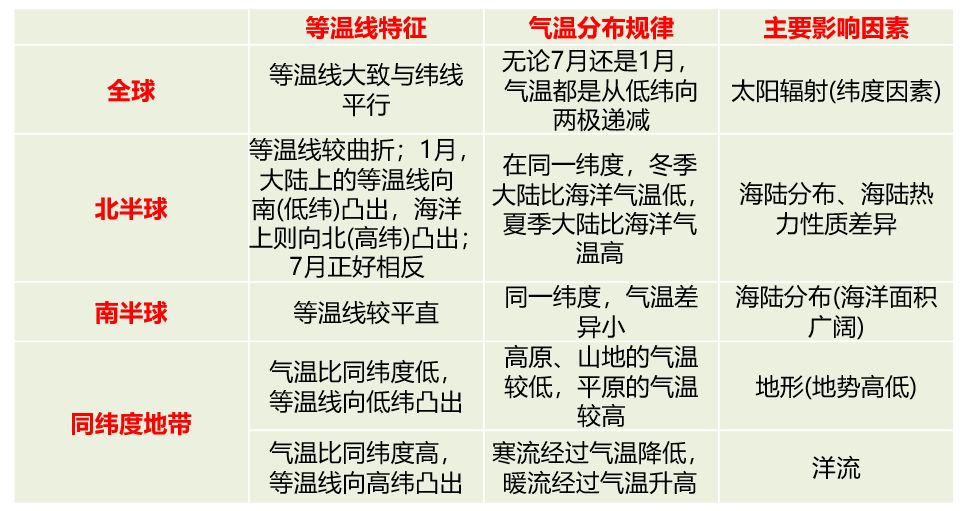一,这个问题其实很简单,你只要理解一个大的原则就可以了,就是:动词后的不定式往往表示一个你打算做的具体的活动 , 而动名词表示一种你经历了的经验(或者抽象化的概念)。
所以,enjoy后只能是动名词,比如: I enjoy listening to music. 你肯定有听过音乐的经验,否则你说不出这样的话来。 同样,want的后面只能是不定式,因为你想做某事,这事肯定还没有做(注意,是站在谓语动词的时间点,这个问题这里不展开),所以只能说:I want to listen to music. 再比如admit这个词,你只能说:He admitted stealing my money. 你不可能说:He admitted to steal my money. 而如果是plan那就只能是不定式了:He is planning to steal money.这些都应该是一个有着基本的英语语感的人应该拥有的inbuilt logic.
二,这样的一种大的原则是普遍的——也就是说不仅是动词后适用,在任何地方任何时候都适用。比如:听音乐是我的爱好。Listening to music is my hobby. My hobby is listening to music. 偷钱是他的来钱方式。Stealing is his way of finding money. His way of finding money is stealing.
My plan is to help the guy who has been taking stealing as his way of getting money.
有了这样的原则,我们就知道,我们翻译句子时一定要看清句子的意思,比如:
我的工作就是在知乎上写文章。My job is writing articles on Zhihu.
今天,你的工作就是在知乎上写一篇文章。Today, your job is to write an article on Zhifu.
某教材上曾经有这样的句子:Going to a British high school for two years of study was a very exciting and enjoyable experience for me. 这里的动名词就表明了说话人已经去过英国学校学习了。如果换个说法:To go to a British high school for two years of study is my biggest dream in the near future. 意思就完全不一样了。
三,但是我们也要清楚事件没那么简单,"大的原则"不是数学公式。语言是flexible与subtle的。比如:
Children always like listening / to listento stories. 孩子们总是喜欢听故事。
She began playing / to play the guitar when she was six. 她六岁开始弹吉他。
英语中认为这个时候两者表达的意思差不多。——但你不要觉得这就会很乱,因为在具体选用的时候,大的原则 依然成立,你依然可以根据原则和你自己的语感去写句子。
另外,由于动名词不喜欢外置,所以很多时候,当句子的主语是形式主语的时候,真正的主语多用不定式,比如:
Listening to music a little bit before going to bed is my hobby.
It is my hobby to listen to music a little bit before going to bed.
Discussing with your classmates is good for your study.
It is good for your study to discuss with your classmates.
——"to do --"叫不定式,"doing --"叫动名词,它们都是非谓语动词的一种,要知道如何正确地使用非谓语动词,你首先得弄清楚:非谓语动词是怎么来的?
本站内容收集整理于网络,多标有原文出处,本站仅提供信息存储空间服务。如若转载,请注明出处。







